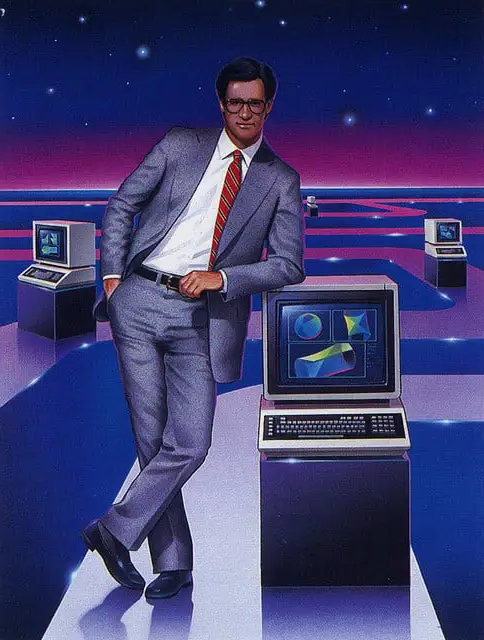

I find it unlikely that they couldn’t track and disable units if they are used outside of a permitted region.
This absolutely exists as a technological feature, though there may be a bit of lag of hours/days/weeks. In the USA their are two residential subscription levels. One subscription tier “Home” (minimum of 12 months) will allow you to operation the equipment in a fixed location (within a few miles of a point) for faster speeds and lower price. The other subscription tier “RV” (minimum of one month) will allow you to pa move your equipment anywhere (in the USA?) and get service, however the cost per month is higher, the data transfer and priority are lower.
In the early days of USA Starlink, users buying the “Home” service and moving the equipment outside of the registered geography were shut out of service. This proves that its possible to know where the equipment is supposed to be geographically, and shut it down if its not in compliance. Some users noted being able to run for a short time before being shut out, while others were shut out immediately.








So PM Fico needs to go before Ukraine will be allowed join NATO?
Your terms are acceptable.